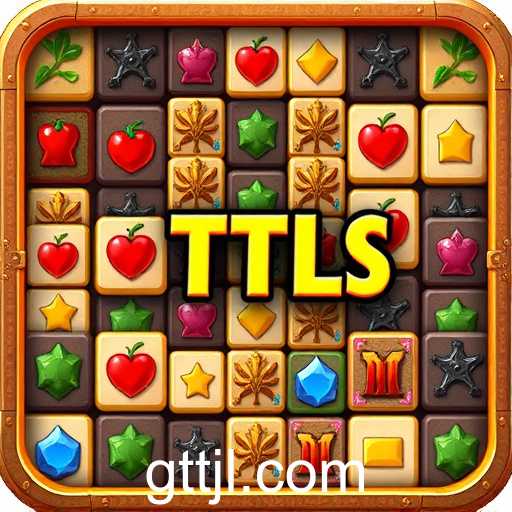In the ever-expanding universe of online games, Word Matching has emerged as a popular category that captivates players of all ages. At first glance, these games may seem simple, but they offer a unique blend of cognitive challenge and entertainment. One keyword that has piqued the curiosity of many within this game category is 'ttjl.' Although it appears seemingly random, 'ttjl' has become a buzzword among enthusiasts, symbolizing the intriguing nature of word puzzles.
Word Matching games revolve around the fundamental concept of linking words based on their relevance or similarities. Players are tasked with identifying connections between given words, often requiring a keen eye for detail and a vast vocabulary. This category of games is not only entertaining but also educational, contributing to the enhancement of language skills, including vocabulary expansion, spelling, and cognitive agility. With each level, the complexity of word relationships increases, providing an ever-evolving challenge to keep players engaged.
The keyword 'ttjl,' although mysterious, serves as a testament to the diversity and creativity that Word Matching games bring to the table. Discussions on forums and communities have thrown various theories about its significance, sparking an ongoing discussion about possible anagrams or hidden meanings. Such intrigue adds an element of mystery and thrill to the gameplay, prompting many to delve deeper into the game's mechanics.
Word Matching games have embraced the digital age, offering online platforms that allow for interactive and dynamic experiences. These platforms often come equipped with a multitude of game modes, ranging from classic word pairings to competitive multiplayer settings. This not only broadens their appeal but also fosters a sense of community among players who share tips and strategies to conquer challenging levels. The aspect of social engagement further enriches the gaming experience, making it a more holistic and rewarding endeavor.
As the popularity of these games continues to surge, developers are constantly innovating and finding new ways to engage audiences. This includes developing AI-powered features that adapt to the player's proficiency levels, ensuring that the challenge remains constant. Moreover, regular updates and the inclusivity of global languages ensure that players from diverse linguistic backgrounds can participate equally in the Word Matching arena.
In conclusion, the allure of Word Matching games goes beyond the simple act of connecting words. They offer a platform for mental exercise, creativity, and community engagement, with keywords like 'ttjl' adding layers of intricacy and entertainment. As these games continue to evolve, they promise to captivate the minds of language lovers and gamers alike, offering endless opportunities for learning and fun.








